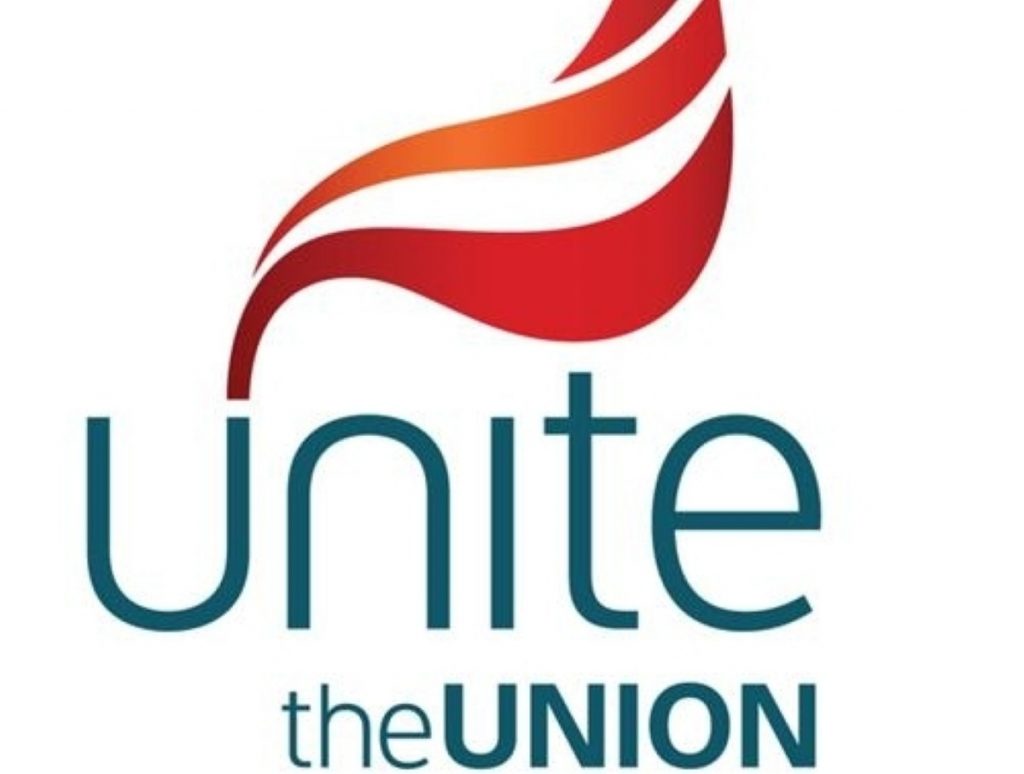Gibraltar’s Moroccan workers’ fight for rights echoes Ghurkhas, Unite tells Foreign Secretary
The plight of 1,200 Moroccan workers on Gibraltar has disturbing echoes of the recent fight to win rights for the Ghurkhas, which is why the UK government must not delay on granting full rights to another community which has long served this country.
The call for justice comes from Unite, the UK’s largest union and the union of the Moroccan workers, some of whom have lived and worked on the rock for over 40 years yet are denied basic rights such as access to public housing, full health care and the right to vote.
Unite has warned that the British government is wide open to legal challenge to win full rights for the workers, who have been paying full taxes and contributing to the wealth of both the UK and Gibraltar, despite their second class status. The government is in breach, Unite argues, of its obligations in international law by denying citizenship to the Moroccan workers. The Foreign Secretary, David Milliband, will meet the Gibraltarian Prime Minister Senor Coruna tomorrow (Monday).
On the eve of that meeting on National Gibraltar Day, Unite’s deputy general secretary, Jack Dromey, said: “Tomorrow, Gibraltarians celebrate what is great about their rock and their culture. It is only right that the Moroccan workers who have helped to maintain that community’s distinctive way of life are able to share in this.
“It is time to put right a 40 year wrong and end the scandal of two-tier citizenship on the rock. Those who have been working, paying taxes and living legitimately in a country for over 20 years and sometimes 40 years ought to be given citizenship rights. Second-class status would be unacceptable in the UK and other parts of Europe, so should not be acceptable for Moroccans living in Gibraltar.
“After the recent fight to win fair and equal treatment for the Ghurkhas for their honourable service to this country, we appeal to our government and their Gibraltarian counterparts, act now to end discrimination on your shores and take these very deserving people out of this limbo.”
Unite represents some 500 Moroccan workers living and working, many of them for the MoD, in Gibraltar and says their plight can remain buried no longer. The discrimination in the treatment of long-standing, legal workers would not be acceptable for those in a similar position in the UK.
Moroccans in Gibraltar pay full taxes yet are treated as second class citizens. Very few have been given citizenship rights and many feel they are battling a hidden criterion which is impossible for them to meet. They have little access to public housing, forced instead into expensive private housing which, as low paid workers, they can ill afford. Their access to public services, including health care and benefits, is restricted. They are denied the right to vote in the European elections and they face many problems in travelling to visit family in Morocco and restrictions on family visiting them in Gibraltar.
Forty years ago, the Gibraltar state and the British government called on Moroccan workers to take up employment on the rock, following the closure of the border with Spain. Initially, around 5,000 Moroccan migrant workers in Gibraltar worked in construction, property and service operations around the naval dockyard playing a significant role in the economy of the rock when it was on the verge of collapsing and helping to build the thriving economy of Gibraltar today.
The number of Moroccans in Gibraltar has gradually fallen and now stands at around 1,200, many of whom have lived there for 20, 30 or even 40 years. Despite the lengthy period of living and working in Gibraltar most Moroccans are still regarded as non-EU nationals and do not have the right to register as British citizens.
For Further information, please contact: Pauline Doyle on 07976 832 861.
NOTES:
For more information on this campaign visit: http://www.unitetheunion.com/campaigns/fixing_the_wrongs_-_40_years_o.aspx





-01.png)